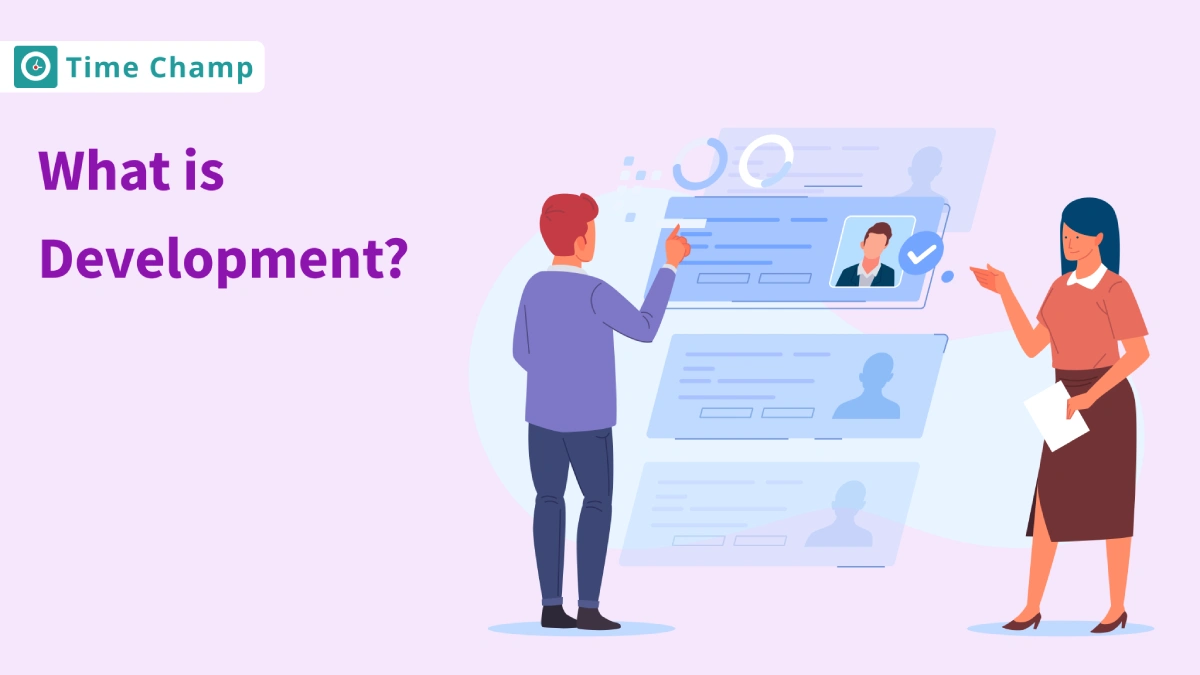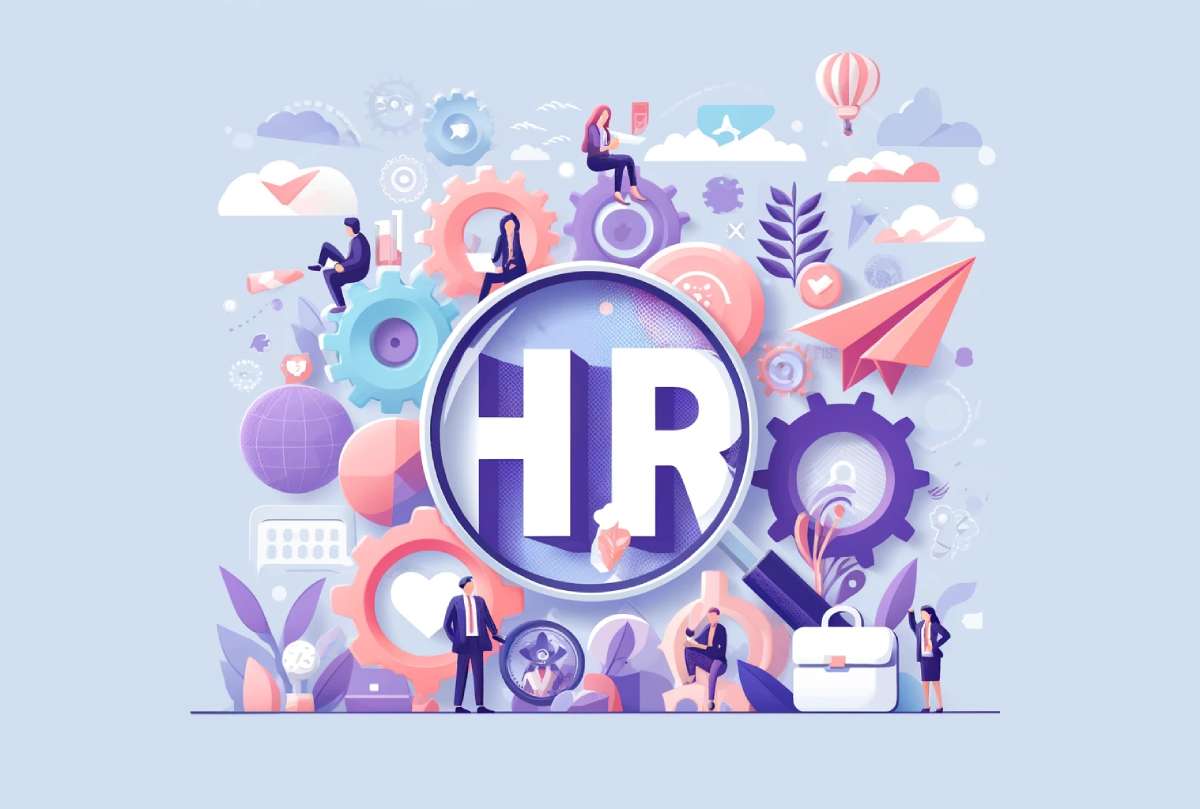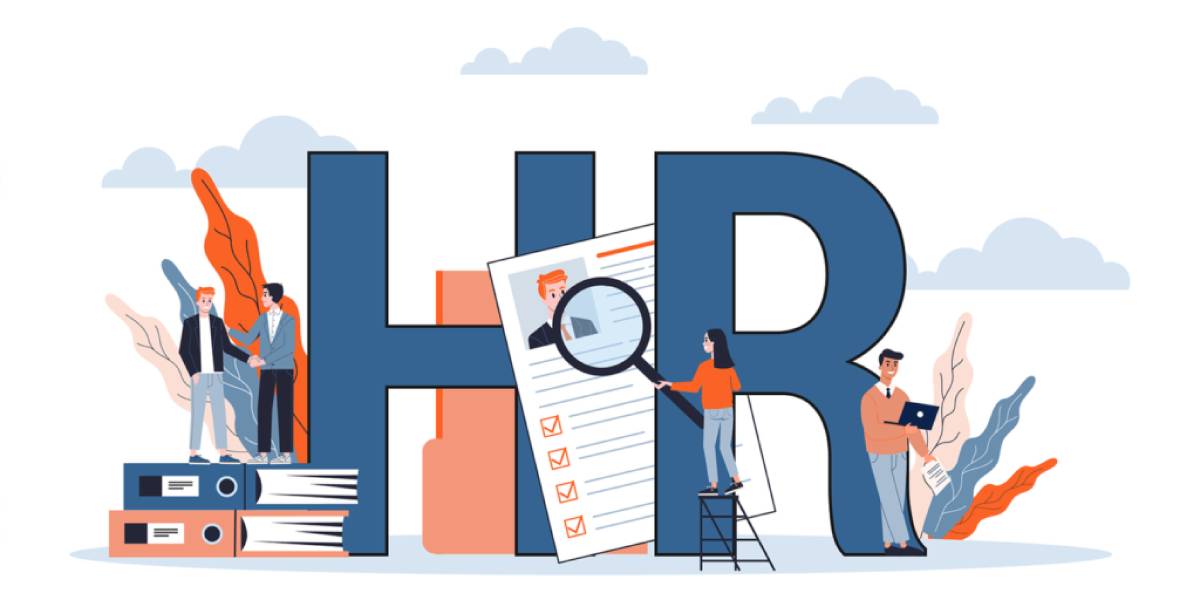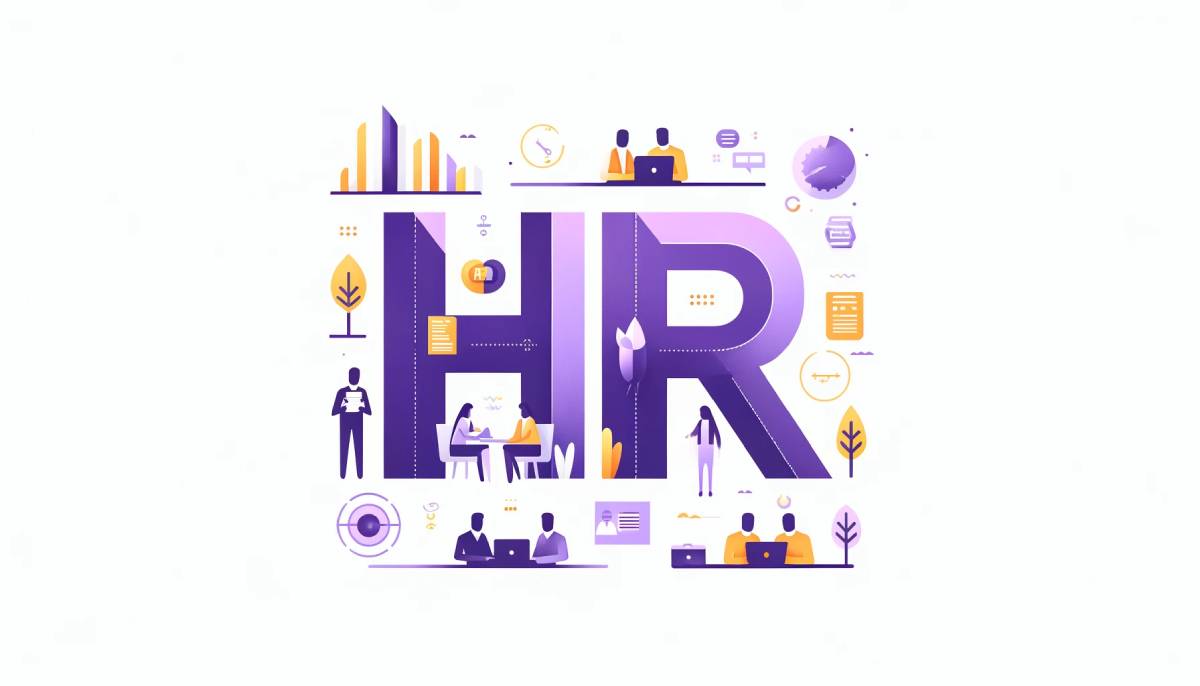What is Development?
Development is the process of improving the skills, knowledge, and abilities of employees within an organization. It covers training programs and activities, which are aimed at enhancing individual and team performance, promoting professional development, and laying the foundation for future success.
Human Resource Development (HRD) is a structured approach to improving an organization’s workforce through training, education, and development programs. The purpose of HRD is to help employees grow, do their jobs better, and adjust to business changes. HRD aims to maximize human potential and drive long-term success by aligning individual and organizational goals.
Importance of Development at Workplace
Skill Enhancement
Development activities will give individual the ability to improve their skills and knowledge, thus enabling them to perform their jobs more effectively. Constantly improving skills is necessary as job requirements and technological advancements keep evolving.
Career Advancement
Development programs like training, courses, mentors, and education can empower employees with the skills and experience needed to advance their careers. Investing in employee development helps companies keep their best employees and build a strong team of leaders for the future.
Increases Productivity
Highly skilled employees are happier and more dedicated, and they accomplish more in their work. When organizations are in the position to provide their employees with opportunities to grow and learn, they will be able to boost morale and the level of performance, which in turn will lead to greater efficiency and effectiveness in obtaining business objectives.
Innovation and Adaptability
Innovation is a result of development, which can be achieved by guiding employees to think outside the box, take risks, and embrace novel ideas. It gives companies a chance to adapt to shifting market conditions, grab new market opportunities, and stand out among their competitors in a constantly changing business environment.
Employee Satisfaction and Retention
Employees appreciate companies that invest in their training and development and offer opportunities for future advancement. Development programs not only increase the satisfaction of the employees but also nurture feelings of loyalty and devotion that keep them in the organization for longer. This saves the organization from the costs of recruitment and training of new employees.
Organizational Agility
Development enables organizations to build a diverse and adaptable workforce, capable of handling any challenge or seizing new opportunities. By nurturing talents and cultivating new skills in employees, firms are well-prepared to manage the growing complexity of the environment and obtain sustainable economic growth.
Succession Planning
Effective development programs allow managers to identify and pick the best performers for future leadership positions. By proactively developing talent within the company, organizations can ensure a steady progression in top management and maintain continuity in key strategic roles.
People also look for
Differences Between Training and Development
What is Informal Communication? Types, Differences & Examples
What is Lateral Hiring? Meaning & Definition
What is the Workforce? Meaning & Definition
What is Notice period: Meaning, Types, Tasks & FAQs
Frequently Asked Questions
Employee development is crucial for enhancing skills and knowledge, promoting career advancement, increasing productivity, fostering innovation, improving employee satisfaction, ensuring organizational agility, and facilitating effective succession planning.
Through development programs like training courses, mentorship, and education, employees acquire skills and experiences that position them to move up within their career paths.
Skilled and knowledgeable employees perform more effectively. Development opportunities can boost morale and performance, which leads to higher productivity.
Yes, employee development encourages employees to think creatively, take risks, and embrace new ideas, which can lead to innovation within the organization.




